The quick advance in innovative technology of Quantum computing
The innovative technology of Quantum computing is advancing quickly and has the potential to revolutionize many fields. It uses the principles of quantum mechanics to solve problems that are too challenging for traditional computers.
But what exactly is quantum mechanics?
Quantum mechanics is a fundamental theory in physics that describes the behavior of nature at the scale of atoms and subatomic particles. Compared to classical physics, quantum physics provides the foundation and enables precise calculations of physical characteristics for matter on an atomic scale or smaller. Consequently, quantum mechanics refers to material objects and models them as individual particles or as systems consisting of a certain number of individual particles. These models are effective in describing elementary particles, atoms, molecules, or even macroscopic matter in full detail. Quantum mechanics is a fundamental pillar of modern physics, serving as the framework for describing atomic, solid-state, nuclear and elementary particle phenomena and related fields like quantum chemistry. A group of physicists laid the foundations for this field between 1925 and 1932.
“If anybody says he can think about quantum physics without getting giddy, that only shows he has not understood the first thing about them.”
Niels Bohr, Danish Physicist
Both quantum and conventional computers operate using bits. In a standard computer, a bit can only have two states, “0” and “1.” Quantum computers, on the other hand, operate using “qubits,” a shortened form of “quantum bit.”A qubit can also have two states, “0” and “1,” but the unique aspect is that it can be in both states simultaneously. This feature enhances its efficiency, requiring fewer qubits than bits for the same calculation on a regular computer. This guarantees that the computing capability of a quantum computer far exceeds that of a conventional computer since data can be simultaneously processed. Every additional qubit exponentially enhances computing power. Quibs interfere and couple with each other so that if one changes, the other does as well. The three primary characteristics are known as superposition, interference, and entanglement, allowing for more efficient data processing by the computer. Unlike conventional computers, processes in quantum computers occur at the physical particle level rather than the electronic level. Special frameworks are necessary to maintain the quantum mechanical properties of a quantum computer, including temperature because small changes can affect the qubits. For now, it has only been possible to maintain qubits in the state of superposition for a brief period, which is necessary for the function of the computer. The limited number of qubits requires substantial fundamental research before quantum technologies can become reliable for future use. Nevertheless, given the tremendous computing power of quantum technology, interest in quantum computing is increasing due to its potential to deliver groundbreaking developments across various industries.

Many economic sectors such as automotive, chemical, logistic, finance, pharmaceutical and insurance could benefit from quantum computings potential. These computers possess high computing power, enabling them to acess new applications and solve problems that prior supercomputers couldn´t address. Complex simulations of molecular internations, for example, have the potential to greatly advance pharmaceutical drug development. Simulations of new materials may lead to breakthroughs in developing more efficient batteries and solar cells. Quantum computers could also advance artificial intelligence applications and big data processing dramatically. Over the long term, they could predict diseases or weather as well. Additionally, secret services and the military are keen on the technology for cracking encryption. Some scientists aspire to leverage quantum computers to simulate all natural processes, even such as the creation of the universe and life itself. Nonetheless, the present potential of quantum processors is inadequate for such an undertaking.
Top laboratories and companies like Google, Microsoft, and IBM are fiercely competing to develop quantum computers. However, these devices are still in the early stages of development. Simple quantum computers have been around for 20 years. The first one with just a few quibs already existed in the 1990s. Significant advances have been made in recent years in the field of quantum computing. In 2019, Google achieved a breakthrough by performing a calculation on a quantum computer with 53 qubits at a faster rate than on a traditional supercomputer. This year, IBM unveiled two new quantum processors at the IBM Quantum Summit and shared a roadmap detailing their plans to develop a quantum computer with up to one million qubits over the next decade. Their ultimate goal is to make quantum computers available for commercial use in industries such as finance and machine learning. The Euro-Q-Exa project, funded by BMBF, is now underway. It combines advanced quantum computers with high-performance computing technology. Germany is witnessing a rise in quantum computer start-ups, while universities are offering more master’s degrees in quantum technology. Investment in quantum start-ups is at an all-time high. Experts expect that these computers won’t be programmable until 2030, but views differ. The next logical step includes merging classical and quantum computers like the ones D-Wave, a company from Canada, has produced for over a decade. Isn’t this development thrilling!?
“Quantum physics is no longer an abstract theory for specialists. We must now absolutely include it in our education and also in our culture.”
Claude Cohen-Tannoudji, French Pysicist


